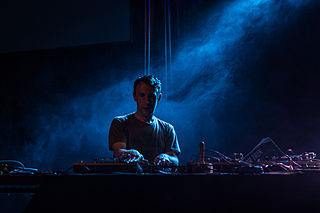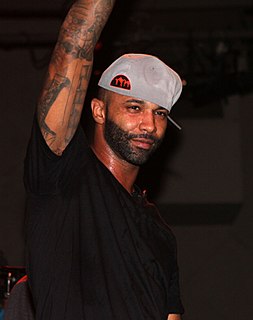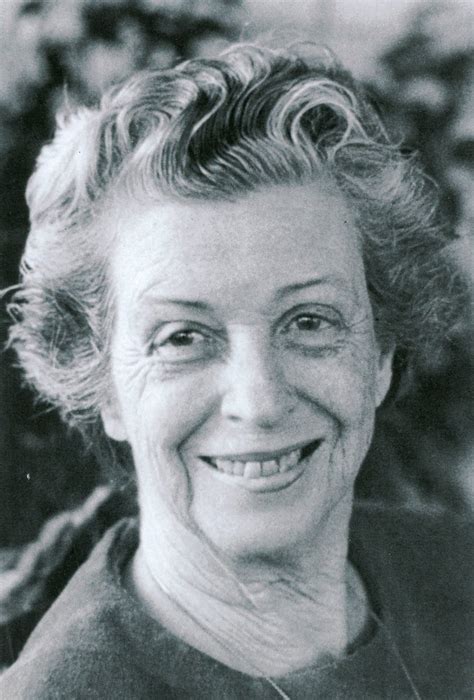A Quote by Conrad Aiken
I think we've come to a kind of splinter period in poetry. These tiny little bright fragments of observation - and not produced under sufficient pressure - some of it's very skillful, but I don't think there's anywhere a discernible major poet in the process of emerging; or if he is, I ain't seen him.
Related Quotes
The fun part, I will admit this much, there is a period when listening to my music is fun, and that's when I'm making it. There's a tiny little window before something gets old, but after it's come to fruition. There's a little window there where I can listen to a song probably about five times, and I'll really think it's awesome. That's kind of the period that lets me know when I - 99 percent of the time, that period is right about whether a song is going to be a keeper for an album or just a throwaway track that never gets - in that little window.
I wrote poetry for seven or eight years, maybe longer, before I could say I was a poet. If people asked, I'd say I wrote poetry; I wouldn't go further. I was in my mid- to late-thirties before I felt that I was a poet, which I think meant that I had begun to embody my poems in some way. I wasn't just a writer of them. Hard to say what, as a poet, my place in the world is. Some place probably between recognition and neglect.
I always thought that art that is produced somehow has to reflect the zeitgeist or the ambiance and the time and the history in which it is produced. I think it's inescapable. It's like we look back now, at work done savoring the thirties, and you can almost tell it was done during that period of time. Now maybe, that's a style of period or something, I don't know. I think my work, or the things that interest me, come out of my reaction to history.
I have come to communism because of daddy Stalin and nobody must come and tell me that I mustn’t read Stalin. I read him when it was very bad to read him. That was another time. And because I’m not very bright, and a hard-headed person, I keep on reading him. Especially in this new period, now that it is worse to read him. Then, as well as now, I still find a Seri of things that are very good.
And it's been a process of digging through the songs and trying to make them born on stage again. I think they are very different. I think they come off very differently. I think they come off, I don't know if it's masculine or outward, extroverted than introverted. I didn't know. It's just been a process.
A trouble with poetry is the presence of presumptuousness in poetry, the sense you get in a poem that the poet takes for granted an interest on the reader's part in the poet's autobiographical life, in the poet's memories, problems, difficulties and even minor perceptions. I try to presume that no one is interested in me. And I think experience bears that out. No one's interested in the experiences of a stranger - let's put it that way. And then you have difficulty combined with presumptuousness, which is the most dire trouble with poetry.
There is some pressure when you are a woman doing what I do that you must support all other women unconditionally, no matter what they're projecting, or writing, or producing, or putting forth as their art. I think that's equally arbitrary and random and unfair, and kind of sexist. The secretly sexist way. I have really high standards for what I think is funny. I have that for everything, and I think it would be disingenuous of me to blanket-ly love everything a woman has produced simply to make a statement that we're all in this together.
I think there was a bit of brotherly love, but I think everything has a motive when you're king. It's all about maintaining that power - securing that power - and I think Edward was very skillful at doing that. I think he was a great king. Opinions are split, if you look at what he's done and written about him.



































